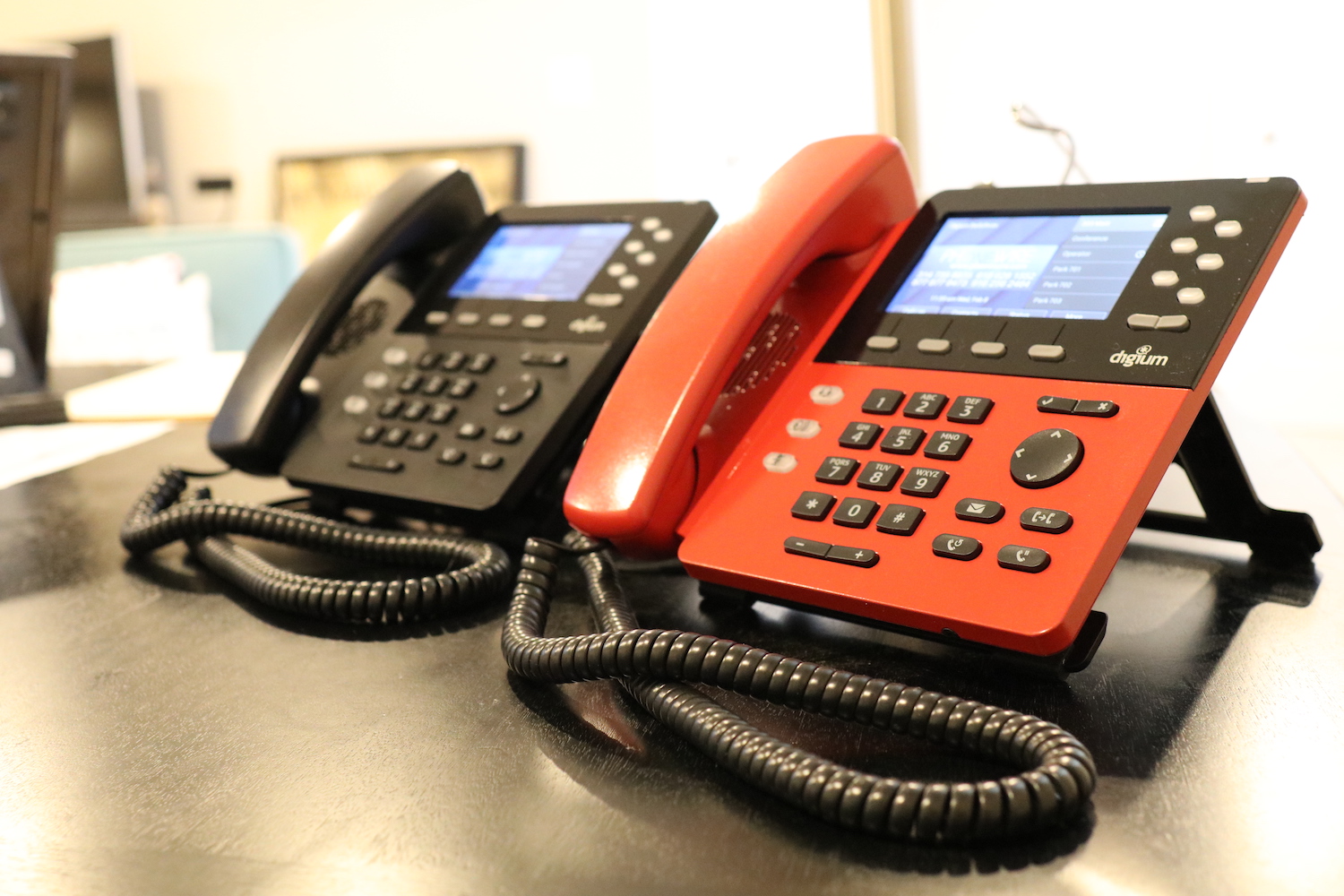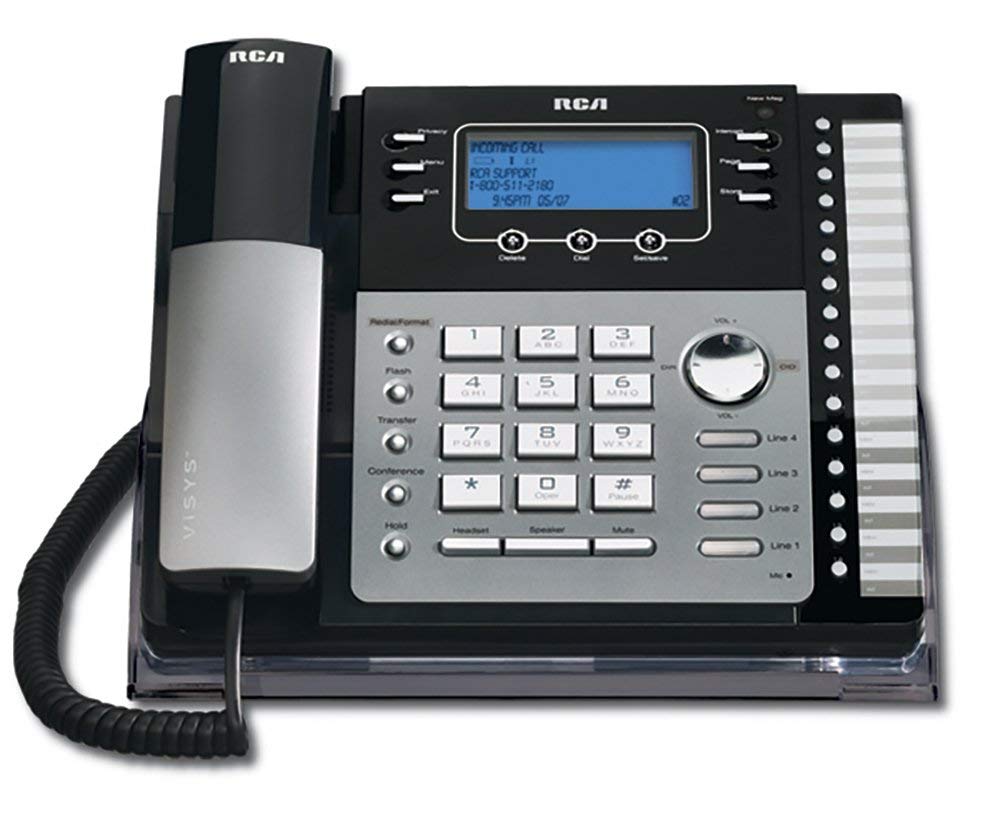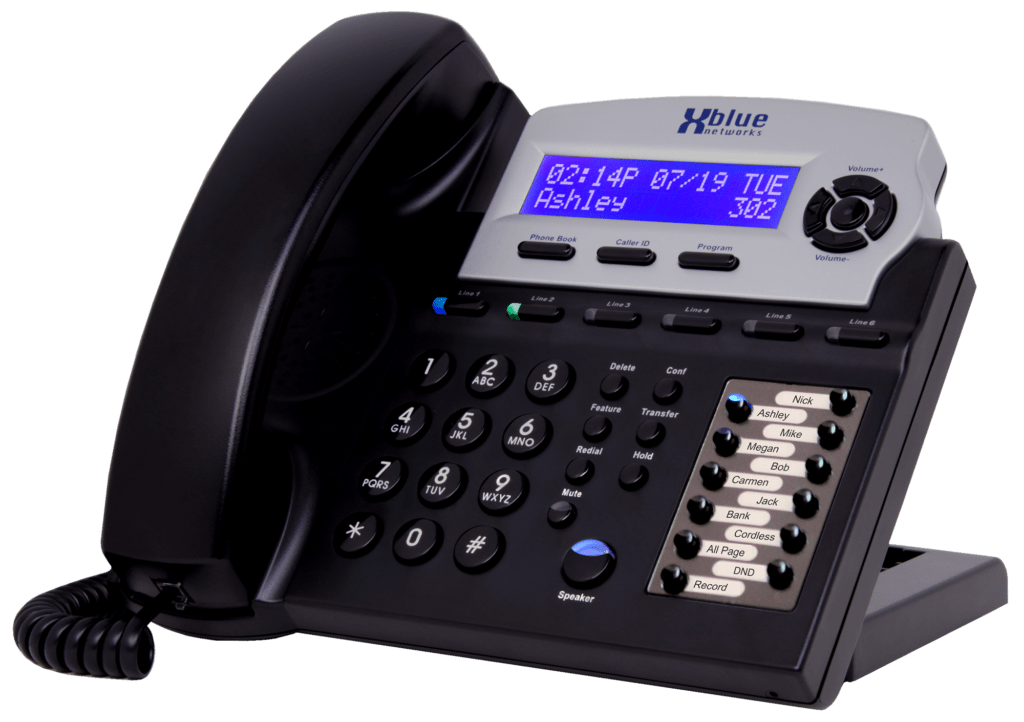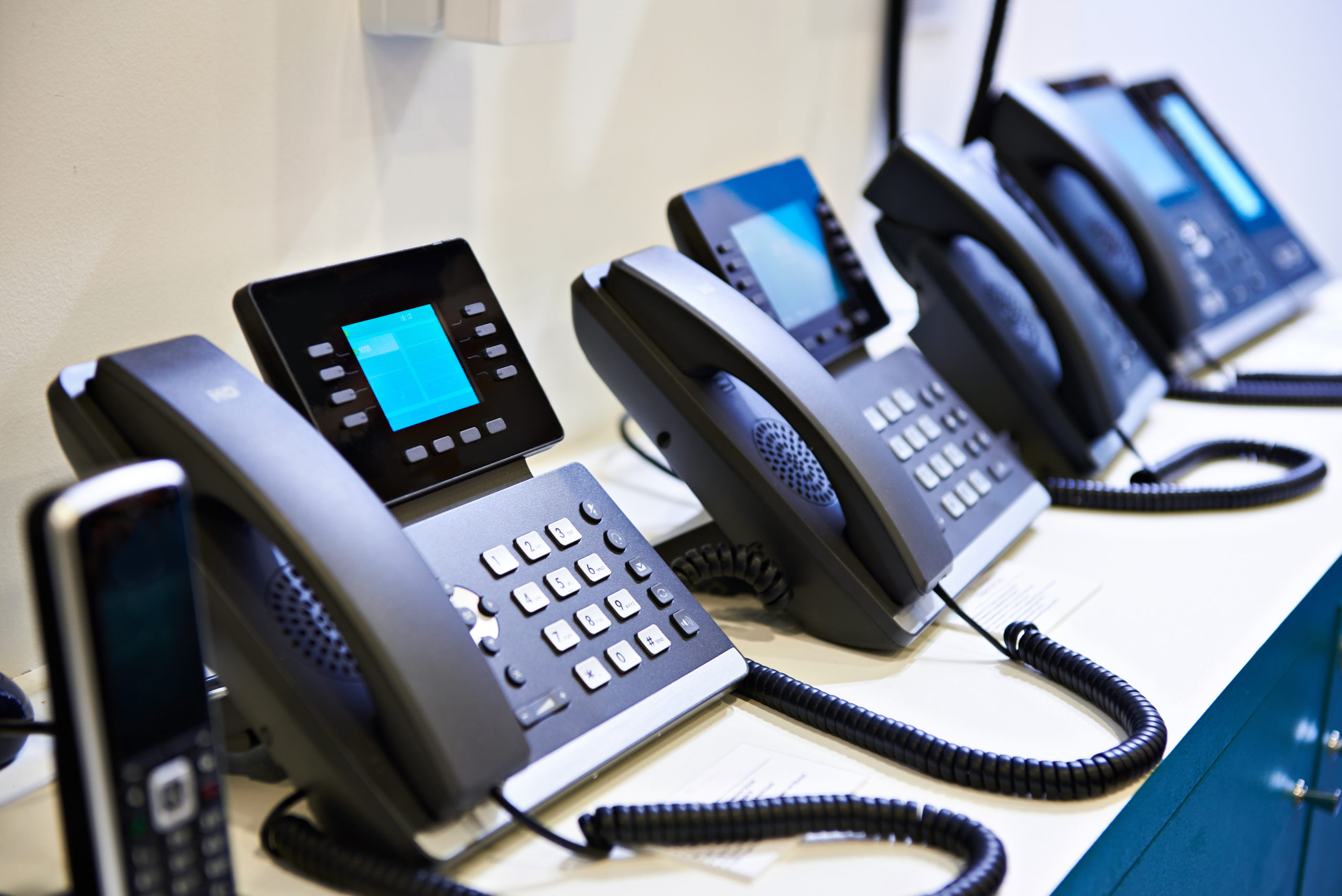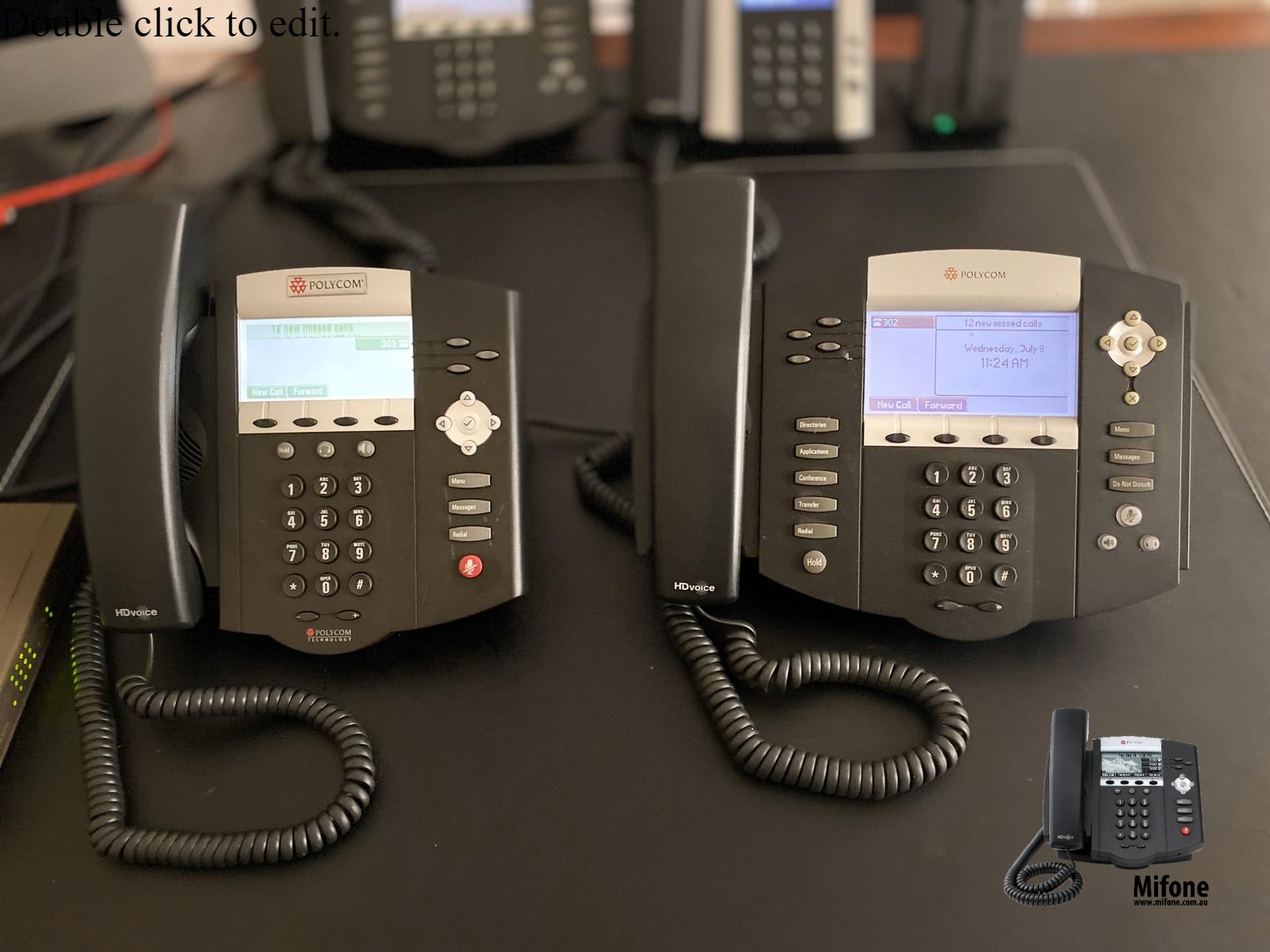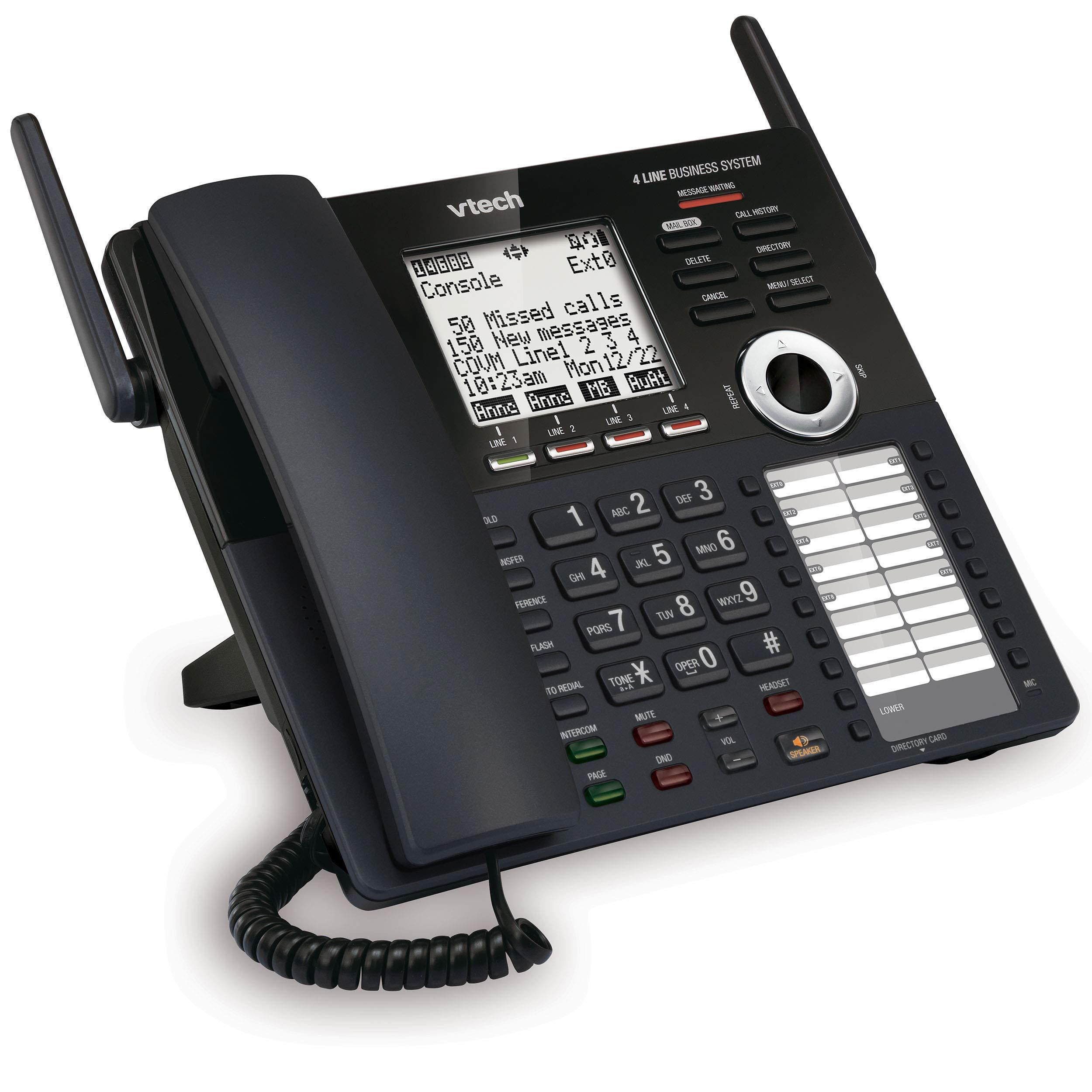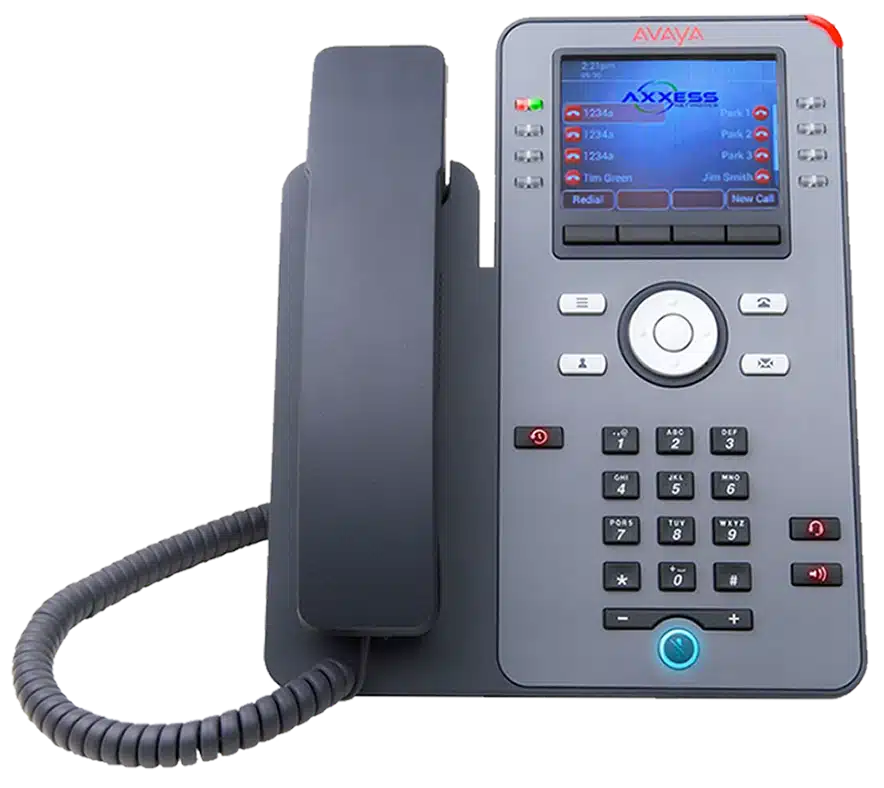Best Phone System For Small Office

In today's fast-paced business environment, a reliable and efficient phone system isn't just a convenience; it's a cornerstone of effective communication. For small offices, the right phone system can streamline operations, enhance customer service, and project a professional image. But with a myriad of options available, choosing the best phone system can feel overwhelming, especially when budget is a key concern. This guide is designed to help value-conscious shoppers navigate the landscape and find the perfect solution for their needs.
We'll explore the essential features, compare leading providers, and provide practical considerations to ensure you make an informed decision that aligns with your specific requirements.
Why Your Phone System Matters
For small businesses, a robust phone system is more than just a way to make calls. It's a vital tool for connecting with customers, collaborating with team members, and managing day-to-day operations. A good phone system ensures you never miss a call, allows for easy call routing, and can even integrate with other business applications to improve efficiency.
Investing in the right phone system can significantly impact your bottom line by enhancing productivity, improving customer satisfaction, and ultimately driving revenue growth.
Shortlist of Top Phone Systems for Small Offices
Here are a few of the top phone systems tailored to different needs and budgets:
- RingCentral MVP: A comprehensive cloud-based solution with a wide range of features, ideal for growing businesses needing scalability.
- Ooma Office: A budget-friendly option offering excellent value for money, perfect for smaller teams with basic needs.
- Nextiva: Known for its exceptional customer support and reliable performance, suitable for businesses prioritizing ease of use.
- Grasshopper: A virtual phone system that allows you to use your existing devices, great for startups and solopreneurs.
Detailed Reviews
RingCentral MVP
RingCentral MVP is a leading cloud-based communication platform that offers a complete suite of features, including voice, video conferencing, and messaging. It's known for its robust functionality and scalability, making it an excellent choice for small offices with plans to grow. RingCentral offers seamless integration with other business applications like Salesforce and Google Workspace, boosting productivity.
However, the advanced features come at a premium price, which might be a concern for businesses on a tight budget.
Ooma Office
Ooma Office stands out as a cost-effective solution without compromising essential features. It provides reliable voice quality and a user-friendly interface, making it easy to set up and manage. Ooma's pricing is particularly attractive, making it a great option for startups and small businesses looking to minimize expenses.
While it offers excellent value, Ooma's feature set isn't as extensive as some of the higher-end options.
Nextiva
Nextiva distinguishes itself with its outstanding customer support and reliable service. This provider offers a range of features suitable for small offices, including call routing, auto-attendant, and voicemail to email. Nextiva's focus on customer satisfaction makes it a solid choice for businesses that value personalized support.
While Nextiva is a reliable provider, it is a slightly more expensive option compared to some of the more budget-friendly competitors. The user interface might not be as intuitive as some other systems.
Grasshopper
Grasshopper is a virtual phone system that allows you to use your existing smartphones and computers. It's a great choice for solopreneurs and very small teams who want a professional phone presence without the need for dedicated hardware. Grasshopper offers features like virtual receptionist, voicemail transcription, and multiple extensions.
Grasshopper is primarily focused on providing a virtual phone number and call management, lacking some of the more advanced features found in comprehensive VoIP systems.
Side-by-Side Specs and Performance
| Feature | RingCentral MVP | Ooma Office | Nextiva | Grasshopper |
|---|---|---|---|---|
| Pricing | $$$ | $ | $$ | $ |
| Key Features | VoIP, Video, Messaging, Integrations | VoIP, Basic Features | VoIP, CRM Integration, Excellent Support | Virtual Number, Call Forwarding |
| Scalability | Excellent | Good | Good | Limited |
| Ease of Use | Good | Excellent | Good | Excellent |
| Customer Support | Good | Fair | Excellent | Fair |
| Overall Score | 4.5/5 | 4/5 | 4.2/5 | 3.5/5 |
Practical Considerations
Before making a decision, consider the following factors. First, assess your business needs: How many employees do you have? What features are essential for your daily operations? Are integrations with other applications crucial?
Next, think about your budget: How much can you realistically spend on a phone system? Don't forget to factor in setup costs, monthly fees, and potential hardware expenses. Finally, consider scalability: Will your chosen system be able to grow with your business?
Read user reviews, check for hidden fees, and test the customer support before committing to a provider.
Key Takeaways
Choosing the best phone system for your small office requires careful consideration of your specific needs, budget, and growth plans. RingCentral MVP offers a comprehensive solution for businesses needing advanced features and scalability. Ooma Office provides exceptional value for smaller teams looking to minimize costs.
Nextiva stands out for its excellent customer support, while Grasshopper is ideal for solopreneurs seeking a simple virtual phone system. By carefully evaluating these options and considering the practical factors discussed, you can make an informed decision that sets your business up for success.
Take Action Today
Ready to upgrade your communication system? Start by requesting quotes from the providers mentioned above. Compare their plans, features, and pricing to find the perfect fit for your small office. Don't hesitate to take advantage of free trials or demos to test the systems firsthand.
Investing in the right phone system is an investment in your business's future. Make an informed choice and watch your productivity soar.
Frequently Asked Questions (FAQ)
Q: What is a VoIP phone system?
A: VoIP (Voice over Internet Protocol) phone systems use the internet to transmit calls, offering cost savings and advanced features compared to traditional phone lines. They are generally more scalable and flexible.
Q: How much does a small business phone system cost?
A: Costs vary depending on the provider, features, and number of users. Basic VoIP plans can start as low as $15 per user per month, while more comprehensive solutions can cost upwards of $30 per user per month.
Q: Do I need new hardware for a VoIP phone system?
A: Not necessarily. Many VoIP providers offer softphones that can be used on computers and smartphones. However, you may want to invest in desk phones for a more traditional office setup.
Q: What is call forwarding?
A: Call forwarding allows you to redirect incoming calls to another phone number, ensuring you never miss an important call. This is a common feature across almost all systems.
Q: What is an auto-attendant?
A: An auto-attendant is an automated system that answers incoming calls and directs callers to the appropriate extension or department. This helps give the impression of a professional enterprise.
Q: Is a cloud-based or on-premise phone system better for a small office?
A: Cloud-based systems are generally preferred for small offices due to their lower upfront costs, ease of management, and scalability. On-premise systems require more technical expertise and infrastructure.
